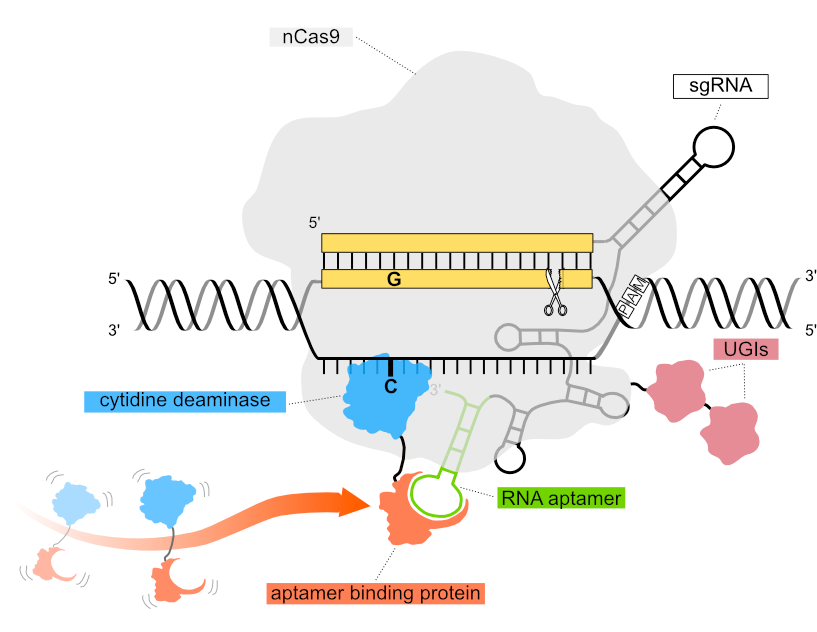Revvity and Profluent Partner on AI-Engineered Base Editing Toolkit
Revvity has announced a collaboration with Profluent to integrate AI-designed adenine deaminase enzymes into its Pin-point base editing platform. The partnership is intended to expand the precision and flexibility of base editing systems for therapeutic development. Revvity will now offer its Pin-point platform paired with Profluent’s adenine deaminases as a toolkit for therapeutic developers through bundled licensing. The companies state this expansion increases the number of disease-relevant mutations that could be targeted.
The Pin-point platform is a gene editing system built on CRISPR technology that makes small, precise changes to DNA without cutting both strands. It does this by bringing in enzymes that can swap one DNA letter for another, such as changing an A to G or a C to T. These kinds of edits can repair harmful mutations or switch off faulty genes. The system can also combine several edits in one step, which is useful for more complex therapies.

An illustration of the system shows how a modified Cas9 nickase (nCas9) is guided to a DNA site, while an added “handle” brings in the enzyme that performs the edit. Source: Revvity
Because it avoids breaking DNA, Pin-point is considered safer for delicate cells, including stem cells and immune cells often used in treatments. Its modular setup means different components can be swapped in depending on the application, giving developers flexibility to design edits for cell therapies or for use directly in patients.
Unlike conventional base editors that use naturally occurring enzymes and often require restrictive licensing, Profluent generates proteins de novo with its AI-based design platform, enabling novel functions, rapid iteration, and tailored therapeutic use. Its OpenCRISPR nuclease, described in a recent Nature publication, has been shown to work within Revvity’s Pin-point system, establishing technical compatibility between the two platforms.
Profluent has also released the CRISPR–Cas Atlas, the largest dataset of its kind, built from 1.2 million natural CRISPR–Cas operons identified using large language models trained on more than 26 terabases of genomic data. The Atlas and associated tools have been made publicly available, providing researchers with access to both natural and AI-designed genome editing proteins for research and therapeutic development.
Revvity plans to showcase the new AI-enhanced adenine deaminase Pin-point system at the ESGCT 2025 Annual Congress in Seville, Spain, on October 7–10.
We track updates like this weekly in Where Tech Meets Bio—our newsletter on startups, platforms, and deals at the intersection of biotech and digital.
Topic: AI in Bio